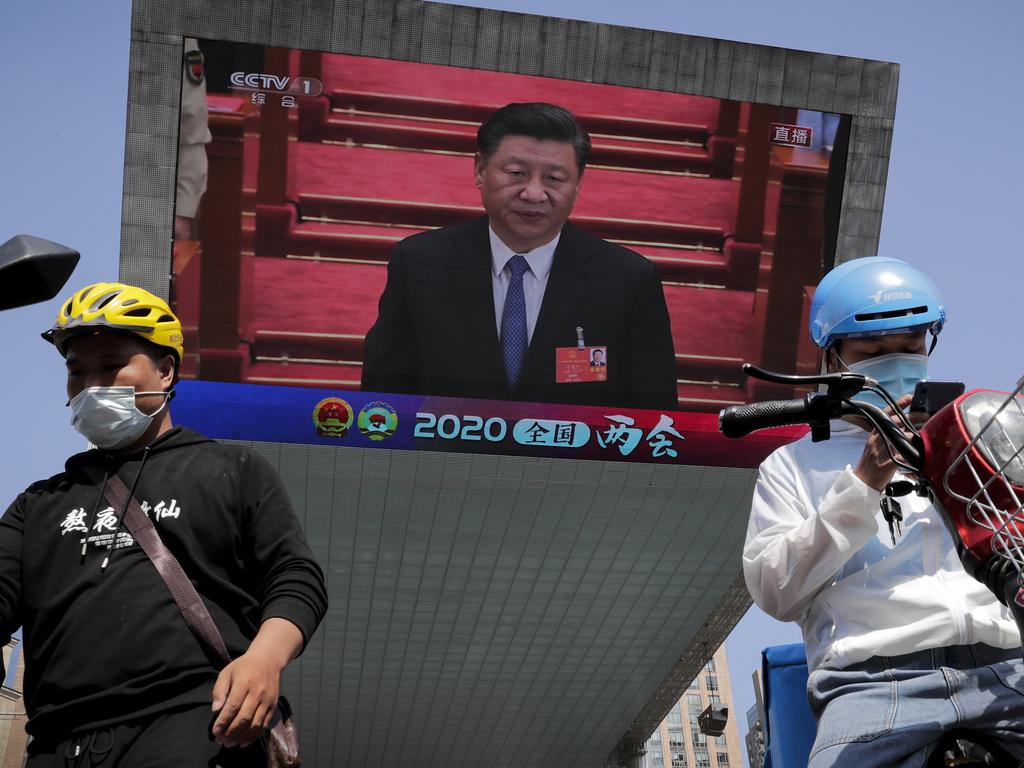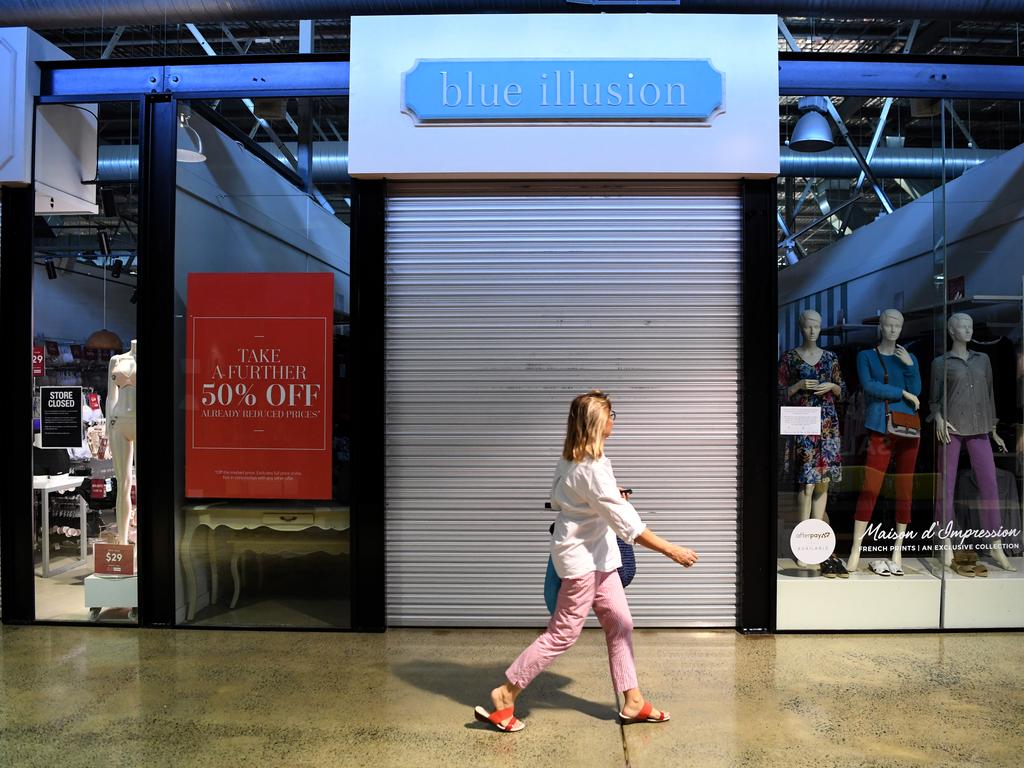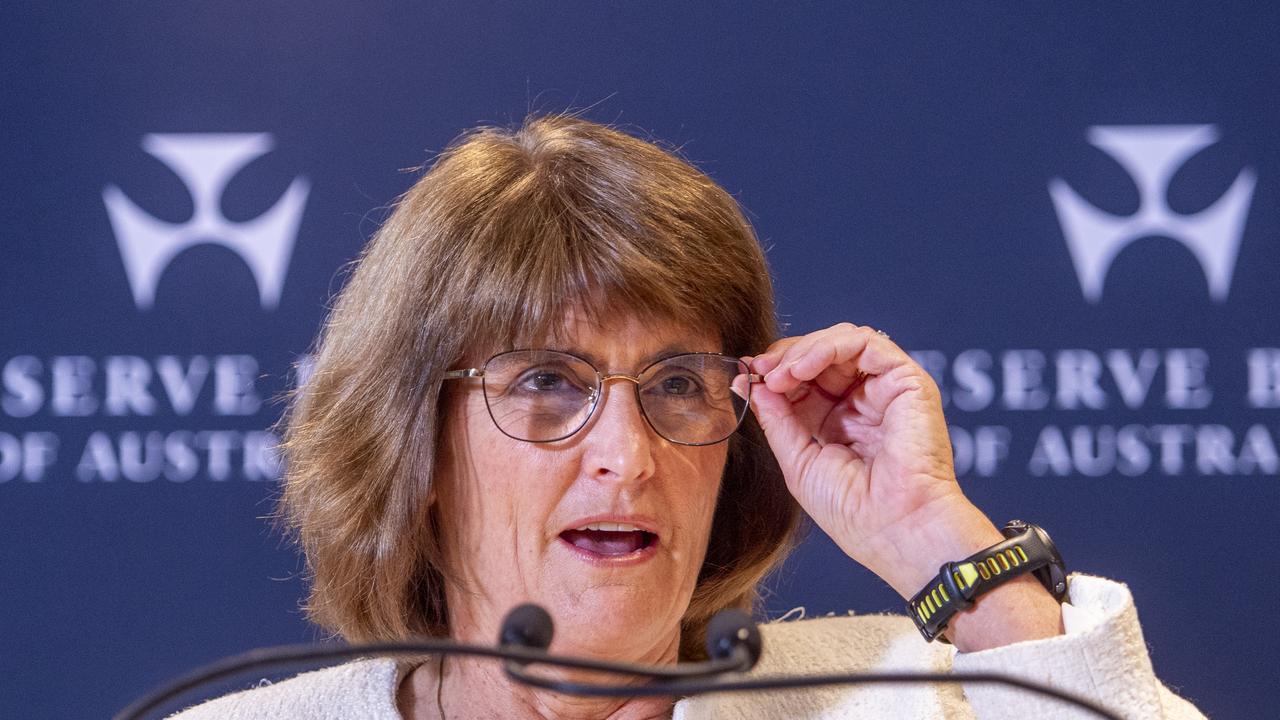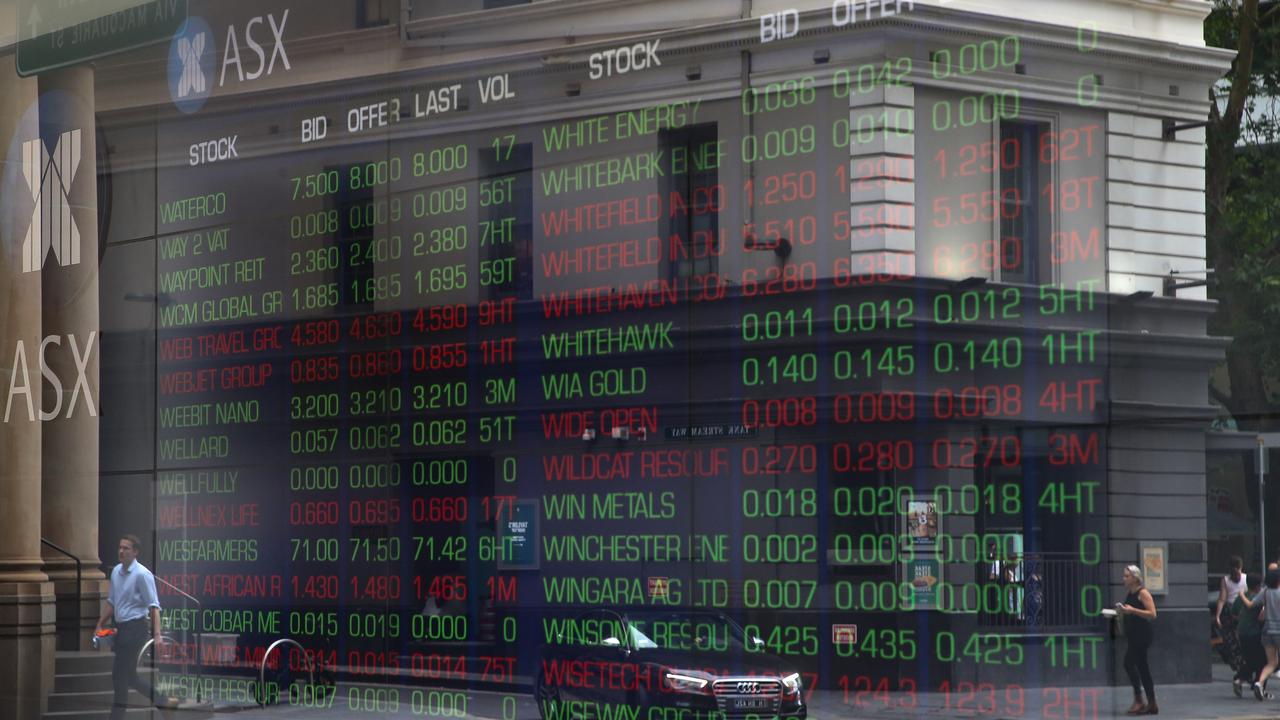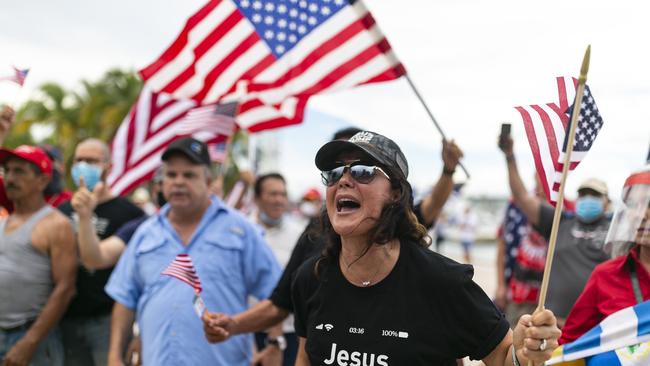
The US and global share markets have not yet fathomed the underlying community forces behind the global street protests. Politicians, led by President Trump, are also struggling.
So today with the help of veteran US economist Al Wojnilower let me head on different journeys to the conventional explanation that the streets protests are only about black deaths and ending police brutality.
I will also look at some of the fundamental changes that will flow from a wider view. At this stage we can only isolate sign posts rather than a mapped out basic change.
In the US, there is an increased chance that Joe Biden and his higher taxes for the rich and corporations will sweep the nation. Such an event will have implications for Australia and our sharemarkets. US opinion polls are notorious for their inaccuracy but that’s the message they are currently delivering.
The ubiquity of the protests, now worldwide, clearly indicates that deeper motives than police reform are at work. It seems that current generations, particularly younger people, are searching for a sense of common purpose, given that the common purposes of previous generations have faded.
Accordingly the marches are a form of togetherness, which may explain why they are so widespread and persistent.
In the US, and to a lesser extent in other parts of the world like Australia, there has been a long standing traditional “opportunity dream” that underlaid private and public life. As part of that dream, corporate teamwork to manage enterprises was fulfilling.
In the last decade, the dream has been greatly diminished by the speed of calculation and communication on the internet, which often renders human contact superfluous. The once unique individual is being replaced by groups and clusters: algorithms and artificial intelligence seem to be replacing humans. We have all recognised these trends and how they will change the workplace and the way we live. But we saw the impact of those changes as future events for the next generation to cope with.
Faster change
The restrictions that come with COVID-19 and the protest marches are accelerants that alert us that fundamental community and business change is going to come much more quickly than previously thought.
A recent NAB survey showed Australians are looking to working from home more and are more conscious of the environment. Working from home creates a very different corporate teamwork culture and also makes it harder for young employees to advance and gain work fulfilment because they have less contact with experienced people.
And as a side issue, the survey shows Australians plan to spend less time on public transport, in shopping centres and eating out at restaurants in the future. If these attitude changes become woven into the culture very different societies will be created with big underlying impacts to markets.
Whether it be Australia, the US or Europe, economies have undergone a huge contraction over a few months despite major government and credit outlays.
No dollars-and-cents yardstick can measure the intangible losses to lives and livelihoods. Enterprises, small and large, are re-examining the way they do business and that will crystallise the job losses that we knew were coming.
And ordinary Australians and Americans can see through the political hype and know that as economies reopen the revival will be dampened by closures and defaults that have been postponed rather than averted by the government hand-outs. Households will have to face the eventual loss of government-funded replacement wages for jobs that no longer exist.
Social drivers
Yet while economic protests are part of the landscape they are not the major force as would have happened in previous years. In the US the protest marches, (involving people of many ethnic backgrounds), are focused on ending police brutality, which will inevitably bring rapid changes in the hiring, firing, and training of new police recruits. But the underlying issue is whether should we regard the police as friendly neighbours or law enforcers. President Trump will aim for law and order but whether it will work will be a big test of community attitude changes.
In Australia and the UK many want to rewrite our history so that past heroes like James Cook, Arthur Phillip, John Batman (Melbourne was originally called Batmania) and Winston Churchill become villains.
Leave aside the rights and wrongs of issues like the role of current police and of our founders, we are looking at fundamental sign posts that our societies are under going significant change.
The fading of the future prosperity dream and the computerisation of workplaces have been accelerated by COVID-19 and the last eight minutes and forty-six seconds of the life of George Floyd.
Markets are about economies, profits, interest rates and so on. The ability of financial market participants to sidestep many of the difficulties troubling everyone else, widens the yawning gap between the rich and the rest of society, and will increase political conflict. The Trump-Biden battle will underline these trends. It also ensures a continuation of big fluctuations in share prices
Gains in private incomes in the near future depend on the virus remaining subdued. Only when reliable COVID-19 diagnostics, treatments, and vaccines become universally available can sustainable economic growth resume. But it may be a different society.


